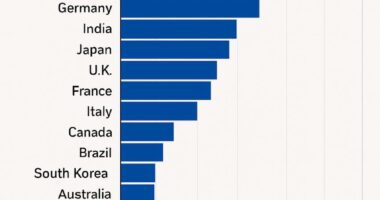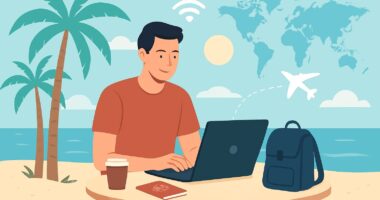Inflation can quietly erode the value of your money, reducing your purchasing power over time. For individuals and businesses alike, managing finances with inflation in mind is essential. By adopting practical financial management strategies, you can protect your wealth and ensure long-term financial stability. This article explores four effective financial management methods to guard against inflation and maintain your economic resilience.
Why Guarding Against Inflation Matters
Inflation is the gradual rise in the cost of goods and services, which diminishes the value of money. For example, the same $100 may buy fewer items today than it did a few years ago. While moderate inflation is a normal part of economic growth, high or unexpected inflation can impact savings, investments, and budgets. Proactive planning helps you safeguard your assets and maintain financial security.
1. Diversify Your Investments
Spread Risks Across Asset Classes
Diversification is one of the most powerful ways to protect against inflation. Instead of keeping all your funds in cash, consider spreading them across different asset classes such as:
-
Stocks – Many companies raise prices with inflation, which can support earnings.
-
Real Estate – Property values and rental income often increase alongside inflation.
-
Commodities – Gold, oil, and other commodities historically perform well in inflationary environments.
By holding a mix of investments, you reduce the risk of inflation wiping out the value of your portfolio.
2. Invest in Inflation-Protected Securities
Government Bonds and Indexed Funds
Inflation-protected securities are designed specifically to shield your money from rising prices. Examples include:
-
Treasury Inflation-Protected Securities (TIPS) in the U.S.
-
Inflation-linked bonds available in many countries.
These instruments adjust their value in line with inflation rates, ensuring your returns maintain purchasing power. For conservative investors, they are a safe and reliable hedge against inflation.
3. Strengthen Your Budget and Cut Unnecessary Expenses
Focus on Cash Flow Management
Inflation often increases household and business expenses. To stay ahead:
-
Track and review your monthly spending.
-
Cut back on non-essential purchases.
-
Build an emergency fund for unexpected cost increases.
By maintaining a lean and flexible budget, you can absorb inflationary shocks without jeopardizing your financial health.
4. Invest in Skills and Income Growth
Beat Inflation with Higher Earnings
One of the best defenses against inflation is increasing your earning power. Consider:
-
Upskilling through professional courses or certifications.
-
Side businesses or freelance work for additional income.
-
Networking to access higher-paying opportunities.
As costs rise, boosting your income ensures you can keep pace with inflation and continue to grow your financial future.
Conclusion
Inflation is inevitable, but its impact on your finances doesn’t have to be damaging. By diversifying investments, using inflation-protected securities, strengthening your budget, and focusing on income growth, you can shield your wealth from rising prices. Proactive financial management not only safeguards your present but also ensures long-term financial security in an ever-changing economy.









